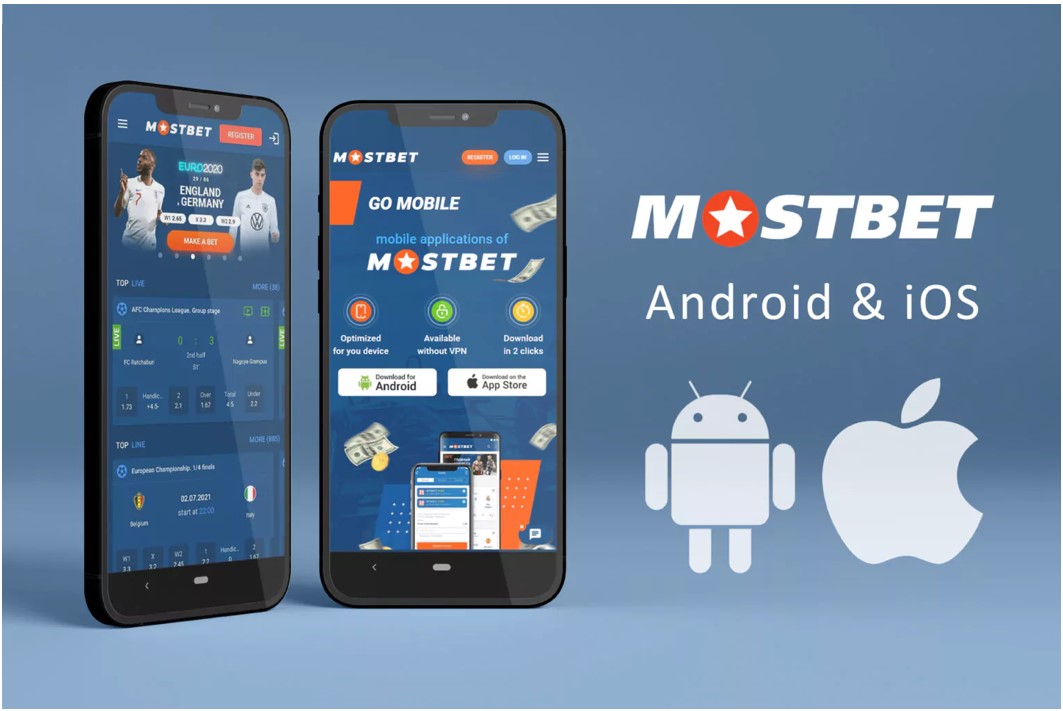The Future of Online 1

The Future of Online: Trends and Innovations Shaping Our Digital Lives
The online world has undergone profound changes over the past few decades, fundamentally reshaping how we communicate, shop, and interact with one another. As technology continues to advance at a breakneck pace, the future of online services and engagement looks more exciting than ever. With advancements in AI, virtual reality, and blockchain technology, we are on the brink of major transformations that promise to redefine our relationship with the internet. The Future of Online Mostbet is just one example of how businesses are adapting to this dynamic landscape, providing innovative solutions for online entertainment. This article delves into various trends and technologies that are expected to shape the future of online services.
1. Artificial Intelligence and Machine Learning
Artificial intelligence (AI) and machine learning are at the forefront of the digital revolution. These technologies are enhancing user experiences, streamlining operations, and providing personalized recommendations. From virtual assistants like Siri and Alexa to advanced algorithms that power platforms like Netflix and Amazon, AI’s role is expanding across various industries. In future online services, we can expect even more sophisticated applications, including AI-driven customer support, predictive analytics, and personalized content delivery.
2. The Rise of Virtual Reality and Augmented Reality
Virtual reality (VR) and augmented reality (AR) are transforming how we experience online content. These immersive technologies are not only enhancing gaming experiences but also revolutionizing shopping, education, and training. Consumers can try products virtually before purchasing, attend virtual events, or participate in online training programs that feel incredibly realistic. As VR and AR technologies become more accessible and affordable, we anticipate seeing a surge in their adoption across various online platforms.
3. Blockchain Technology and Decentralized Networks
Blockchain technology is reshaping the landscape of online transactions by enhancing security, transparency, and trust. This decentralized approach has significant implications for industries such as finance, supply chain management, and even online gaming. Future online services may increasingly incorporate blockchain to enable secure, peer-to-peer transactions, reducing reliance on intermediaries. This shift could also lead to the rise of decentralized applications (dApps) that operate on blockchain networks, offering users more autonomy over their data and interactions.
4. 5G and the Internet of Things (IoT)
The rollout of 5G technology is set to revolutionize online experiences by providing faster and more reliable internet connections. This enhancement will support the growing network of IoT devices, enabling seamless communication between everything from smart home devices to connected cars. As 5G becomes mainstream, we can expect a surge in IoT applications, resulting in increased online interoperability and smarter cities. Enhanced connectivity will drive innovations in telemedicine, remote work, and smart infrastructure.

5. Enhanced User Privacy and Data Protection
As online privacy concerns mount, future trends will likely emphasize greater transparency and data protection. With regulations like the General Data Protection Regulation (GDPR) shaping the way businesses handle user data, consumers are becoming more aware of their digital footprints. The future of online services will involve adopting strategies that prioritize user privacy, such as encryption, data anonymization, and permission-based sharing. Companies that commit to safeguarding user data will build trust and foster longer-lasting relationships.
6. The Future of E-Commerce
E-commerce continues to evolve, influenced by changing consumer behaviors and preferences. The rise of mobile shopping, social commerce, and subscription models has transformed how we buy products online. In the future, we may see further integration of technologies such as AI-driven chatbots for customer service, augmented reality for virtual try-ons, and personalized shopping experiences powered by data analytics. As businesses strive to meet the needs of the modern consumer, innovation in e-commerce will remain a key driver of growth in the online sector.
7. Online Education and E-Learning
The shift toward online education and e-learning has accelerated, particularly in the wake of the COVID-19 pandemic. The future of online learning will likely focus on enhancing interactivity, accessibility, and personalization. With AI and VR playing significant roles in education, we can expect tailored learning experiences that adapt to individual student needs. Additionally, the emergence of micro-credentialing and online certifications will provide new pathways for professional development and skills acquisition, empowering individuals to thrive in the ever-changing job market.
8. Sustainability and the Digital Economy
As the impact of climate change becomes increasingly evident, online businesses will need to prioritize sustainability in their operations. The future of online services may involve adopting eco-friendly practices, reducing carbon footprints, and promoting sustainable products. By leveraging digital platforms to champion sustainability, businesses can connect with environmentally conscious consumers and play an active role in the global movement toward a more sustainable future.
Conclusion
As we look ahead to the future of online services, the landscape is set to become increasingly diverse and interconnected. Innovations in AI, VR, blockchain, and 5G technology will create numerous opportunities, paving the way for a more immersive, efficient, and personalized online experience. While challenges such as data privacy and sustainability must be addressed, the potential for transformative change in the digital realm is immense. Embracing these trends will enable businesses and individuals alike to thrive in this fast-evolving online economy.

